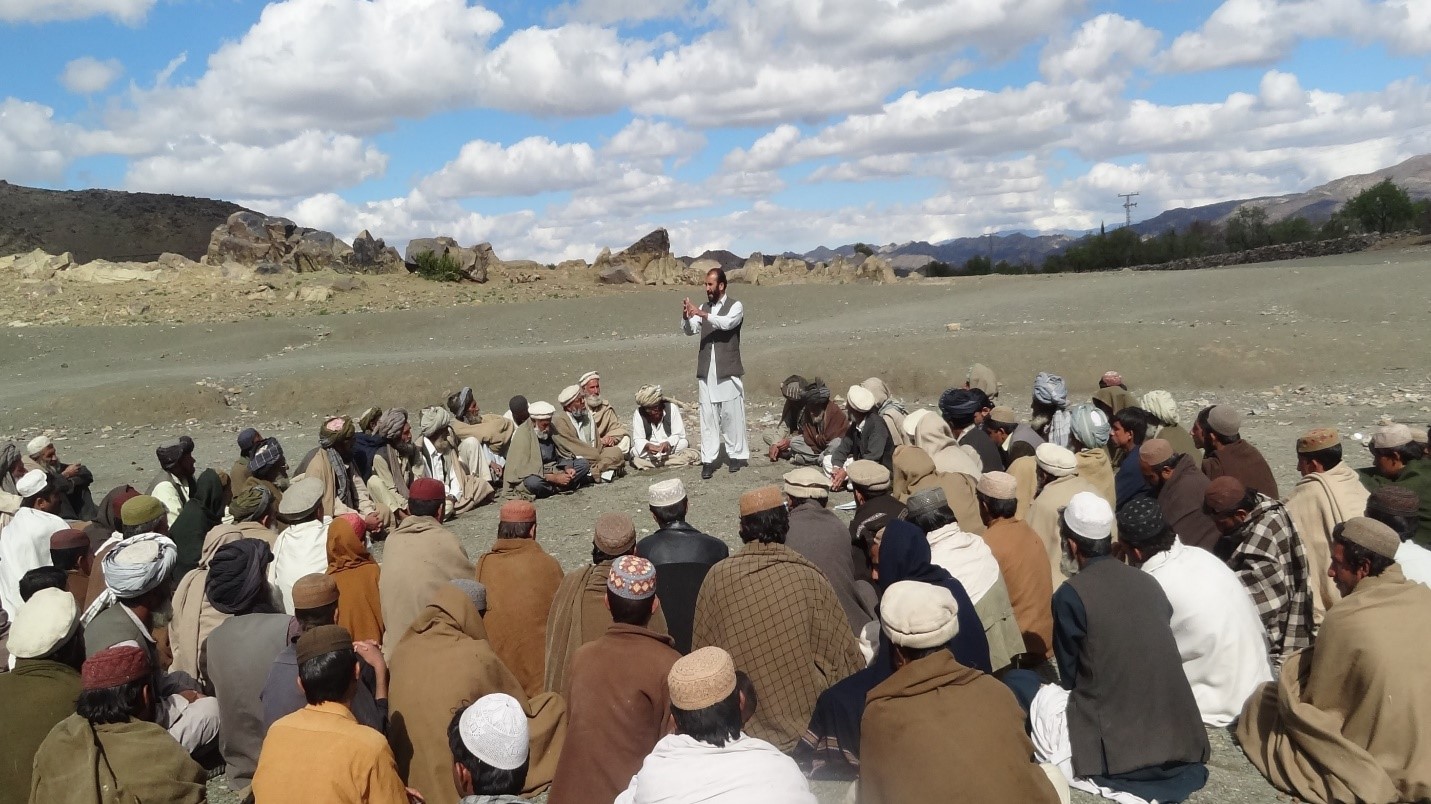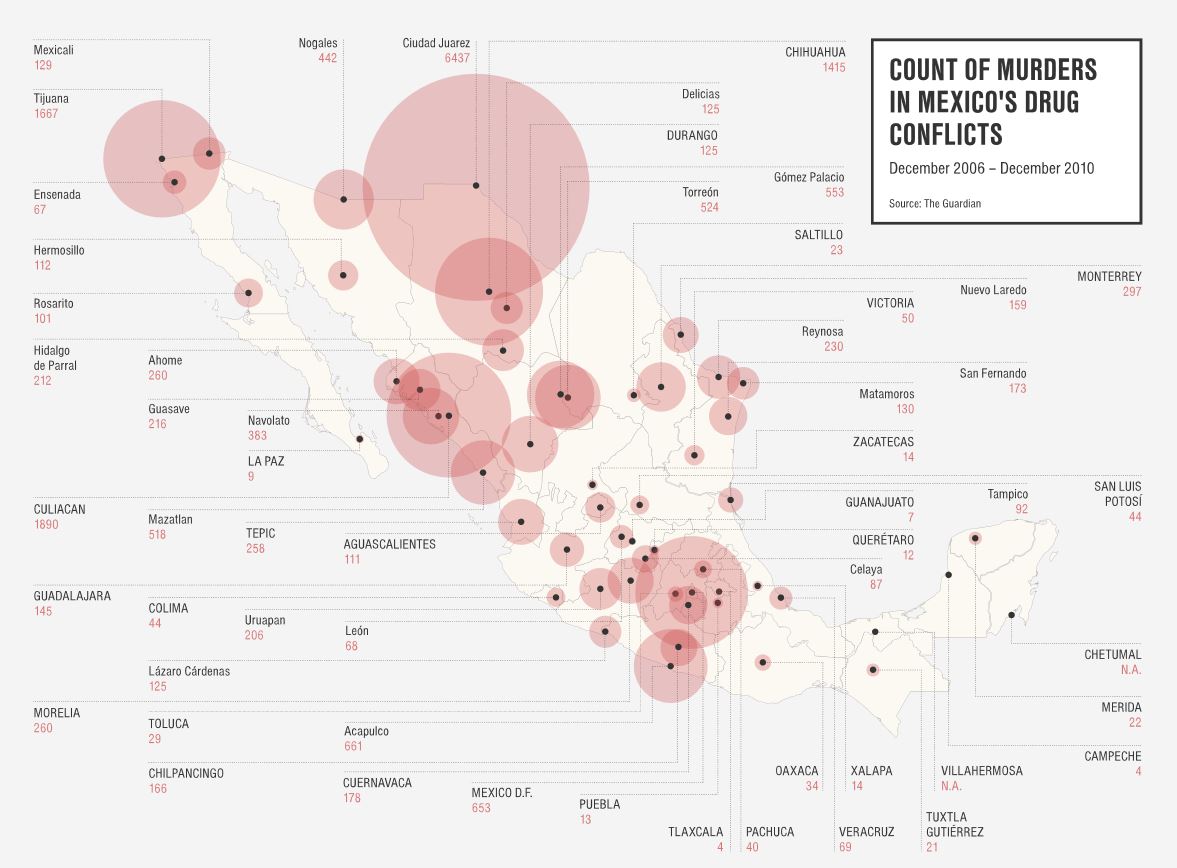
The idea of development exists to describe two distinct processes – incremental improvements in organisational and technological capacities generated by the normal operation of liberal capitalist institutions in developed countries, (DCs) or processes of structural change in late-comers (LDCs) in the south and east that are still attempting to build them. Development theory as a distinct academic tradition deals with the latter problem, but is heavily influenced by the coexistence of advanced societies with established liberal democratic institutions, and ‘late-developers’ attempting to build them.
The orthodox social sciences provide the models needed to understand the processes that enable established liberal institutions to survive and adapt in DCs, and are also invoked to enable LDCs to construct them in their own societies. However, they do not provide LDCs with all the knowledge they need to manage the disruptive structural changes ‘by which the existing order of a society … is transformed from one type into another’ as Malinowski recognised. (1945/61: 1) Thus development theory is an inherently prescriptive discipline that not only requires a full understanding of orthodox theory, but also of the even more complex problems involved in using models derived from the west to reconstruct the institutional arrangements of late-comers.
This project derives its normative authority from the manifest ability of societies that have liberal institutions to produce higher levels of freedom, productivity security and cohesion than those that do not. However, it is heavily contested because it generates highly disruptive consequences stemming from the asymmetrical interaction between often contradictory cultural and institutional systems that characterise both. Thus orthodox theorists have always presented development as a progressive solution to poverty, oppression, and ignorance in late-developers, while many anthropologists and local theorists treat it as an unwarranted imposition of foreign models on local societies.
What we call orthodox development theory has varied from era to era in response to changing relationships between DCs and LDCs. Its roots go back to the work of theorists like Smith, Hume, Hegel, List, Marx and Weber responding to the transition from feudal to capitalist institutions in the 18th and 19th centuries. It was then invoked to manage and justify the imposition of western institutions on the colonial world, and finally emerged as a conscious intellectual tradition after the Second World War to provide the new post-colonial societies with the models they needed to create autonomous states, industrialised economies, science-based knowledge and individualised social systems. They treated the creation of western institutions in LDCs as their ultimate goal, but most of them, including those involved in post-war reconstruction in the north, argued that creating them in new contexts would involve significant deviations from orthodox models.
Thus they distanced themselves from mainstream liberalism that still dominated the orthodox social sciences and the international development agencies – the IMF, World Bank and Gatt (the IFIs) – and called for higher levels of centralised economic planning or ‘structuralism’, and, often, authoritarian political systems as well. However, they disagreed fundamentally over means and ends. Conservatives saw market-based capitalism as their final goal but accepted the need for state controls to build it; social democrats accepted the need for private enterprise but wanted the state to play a permanent role in managing markets and sustaining redistributive welfare systems. Both underestimated the disruptive consequences of these changes on local societies and assumed that they would involve a peaceful, even inevitable, diffusion of systems, technologies and capital from north to south. Marxist radicals also wanted to eliminate ‘traditional’ institutions, but attributed underdevelopment to the exploitative and expansionistic nature of capitalist imperialism and saw development as a process that must involve an immediate and contested transition from capitalism to socialism.
These differences produced intense political conflicts, and very different results. Social democracy was very successful in Europe; authoritarian structuralism was very successful in East Asia, less so in Latin America and often failed in Africa and other weak states. Command planning in the Soviet Union and China produced rapid industrial development, but unresponsive planning systems and political repression. A global economic crisis in the 1970s discredited these approaches and produced an ‘impasse’ in structuralist development theory and a global shift to liberal market-based systems and also threatened the hegemonic status of the westernisation project as a whole.
This also undermined the assumption that transitional societies needed different kinds of institutions to overcome their problems, and transferred authority to neo-liberal theorists who assumed that they could make an immediate shift to market-based institutions. They dominated the donor community to which most LDCs had to turn for support in after the 1980s, and designed the Structural Adjustment Programmes that produced a rapid transition from state-led to market based economic systems and from authoritarian to democratic polities. Neo-liberal theories have driven development programmes since the 1980s. They have succeeded in some contexts but failed in others, but always imposed heavy political and economic costs on fragile societies, intensified by the global recession that began in 2008.
Neo-liberalism still dominates development theory, but the ongoing political and economic crisis now threatens its hegemonic claims. It has not resurrected old-style structuralism, but it has produced far more interventionist and redistributive policies in weak states in the west and south, and a serious threat to the global system posed by the emergence of ethnonationalist and theocratic movements that reject the liberal democratic principles on which it is based. This crisis, together with the even greater threat of environmental degradation, does not undermine the need for development theory as a discipline as some theorists argue, but it does demand new pluralistic and hybrid syntheses between neo-liberal, social democratic and traditional institutional approaches that can only be found though a close analysis of the different paradigms that have always existed in different forms in the discipline as I have argued elsewhere. (Brett, 2009)
References
Brett, E. (2009) Reconstructing Development Theory, London, Palgrave-Macmillan.
Malinowsky, B. (1945/1961) The dynamics of culture change, New Haven, Yale University Press.






1 Comments